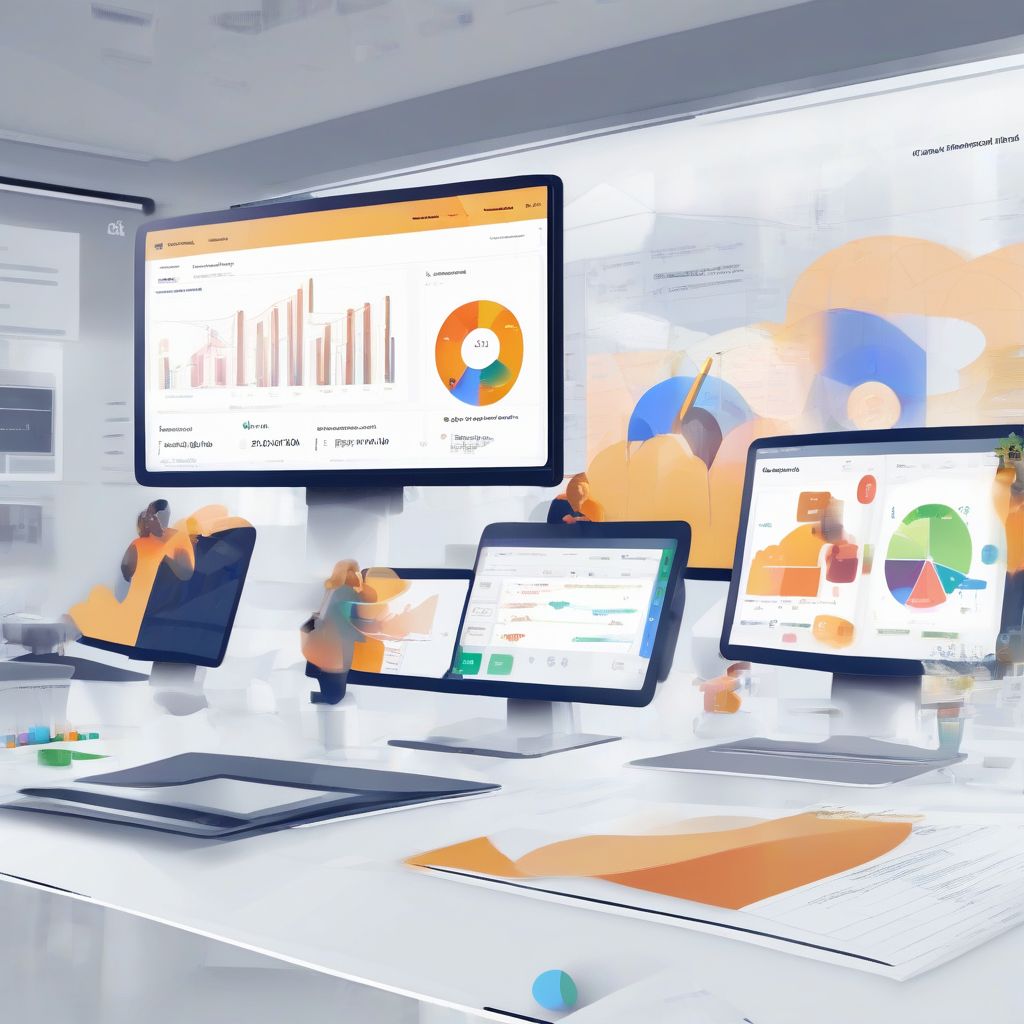In today’s fast-paced business environment, efficient project management is no longer optional – it’s essential. Whether you’re a seasoned project manager or just starting, understanding and utilizing the right Project Management Program can be a game-changer. But with so many options available, navigating this landscape can seem daunting. That’s where this comprehensive guide comes in.
Understanding the Power of Project Management Programs
A project management program is a software application designed to assist individuals and teams in effectively managing and completing projects within budget, on time, and to the required standards. These programs offer a centralized platform for planning, organizing, and managing resources, ultimately leading to increased productivity and project success rates.
Why are Project Management Programs Crucial?
The benefits of using a project management program are numerous:
- Enhanced Collaboration: Improve communication and collaboration among team members, stakeholders, and clients.
- Streamlined Task Management: Easily create, assign, track, and manage tasks, ensuring everyone is on the same page.
- Time Optimization: Effectively allocate resources, set realistic deadlines, and track progress to deliver projects on time.
- Budget Control: Monitor project expenses, track costs against the budget, and minimize financial risks.
- Centralized Information Hub: Store all project-related documents, communications, and data in one accessible location.
chuyentiennhanh.org/wp-content/uploads/2024/08/project-management-dashboard-66b6e4.jpg" alt="Project management dashboard" width="1024" height="1024">Project management dashboard
Navigating the World of Project Management Programs: FAQs
Choosing the right project management program can be challenging. Here are answers to some frequently asked questions to guide you:
- What features should I look for in a project management program?
- Task management: Task creation, assignment, prioritization, and progress tracking.
- Collaboration tools: Real-time messaging, file sharing, and document collaboration features.
- Reporting and analytics: Performance dashboards, customizable reports, and data visualization tools.
- Integrations: Seamless connectivity with other software like communication, accounting, or CRM platforms.
- What are the different types of project management programs?
- Cloud-based: Accessed online, offering flexibility and accessibility from anywhere with an internet connection.
- On-premise: Installed and hosted on your own servers, offering greater control over data security.
- Open-source: Free to use and customize, often with a strong community for support.
- How much do project management programs cost?
- Pricing varies greatly depending on the features, number of users, and whether you choose a free, subscription-based, or one-time purchase option.
Key Considerations for Selecting the Right Program
- Team Needs: Analyze your team’s size, project complexity, and specific workflow requirements.
- Budget: Determine a realistic budget for the program, considering potential costs for subscriptions, training, or integrations.
- Ease of Use: Choose a user-friendly program with an intuitive interface that your team can easily adapt to.
- Customer Support: Ensure the program provider offers reliable customer support channels for assistance when needed.
Conclusion
Investing in the right project management program can be transformative for your business. By carefully considering your unique needs, researching available options, and prioritizing features that align with your workflow, you can empower your team to achieve project success. Remember, efficient project management is an ongoing process of learning and adaptation.
For further insights into optimizing your business operations, explore our resources on [link to relevant content on your website about business management, operations, or finance].

